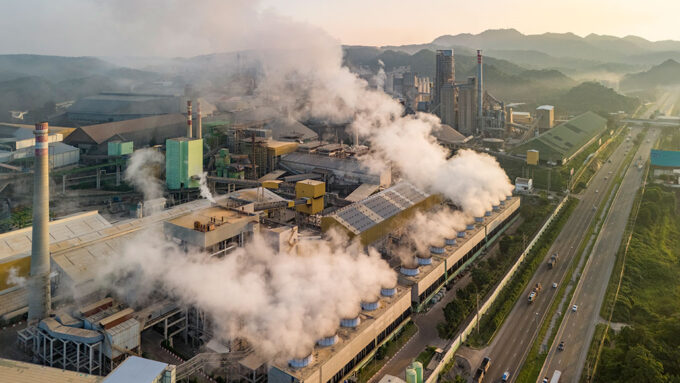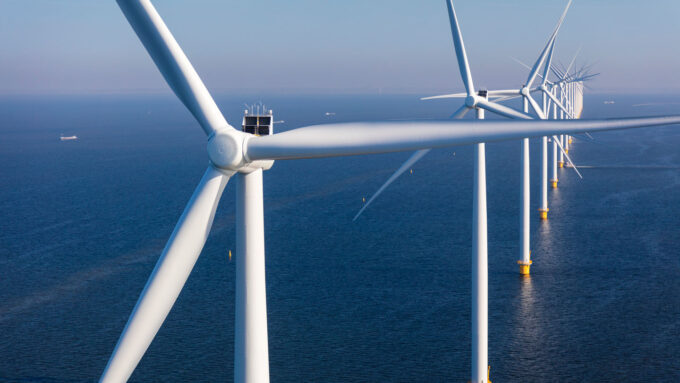
Action for Earth
In 2018, Science News Explores launched a year-long series on the climate crisis. Those 30-plus stories explored Earth’s slowly rising fever.
We looked into its causes and its consequences. Now we’re launching a new series. This one will focus on solutions: What can — and must — society do to cope with the changes happening all around us? And how do we limit how much worse things get before they start getting better?
Since 2020, large swaths of the globe have been battered by billion-dollar climate catastrophes. Extreme drought and flooding. Intense storms and prolonged heatwaves. Sea levels are rising as glaciers and ice sheets the world over are melting. And everywhere, species — including ours — are seeking a more stable environment.
Human actions have emerged as a driver behind many of these climate impacts. Carbon-based pollutants emitted by burning fossil fuels have proven key. Rising levels of carbon dioxide and other greenhouse gases are kicking off cascades of changes, some of which haven’t been seen in more than 1,000 years. Societies around the world are now looking for ways to control those emissions. Their hope: that this strategy will slow — and maybe even reverse — some of the changes we’re already seeing.
This series will look at how we can adapt our lifestyles, our technologies and our choices as a global society to live on our changing planet. And in addition to helping the environment, many of these changes can benefit our health and even save us money.












